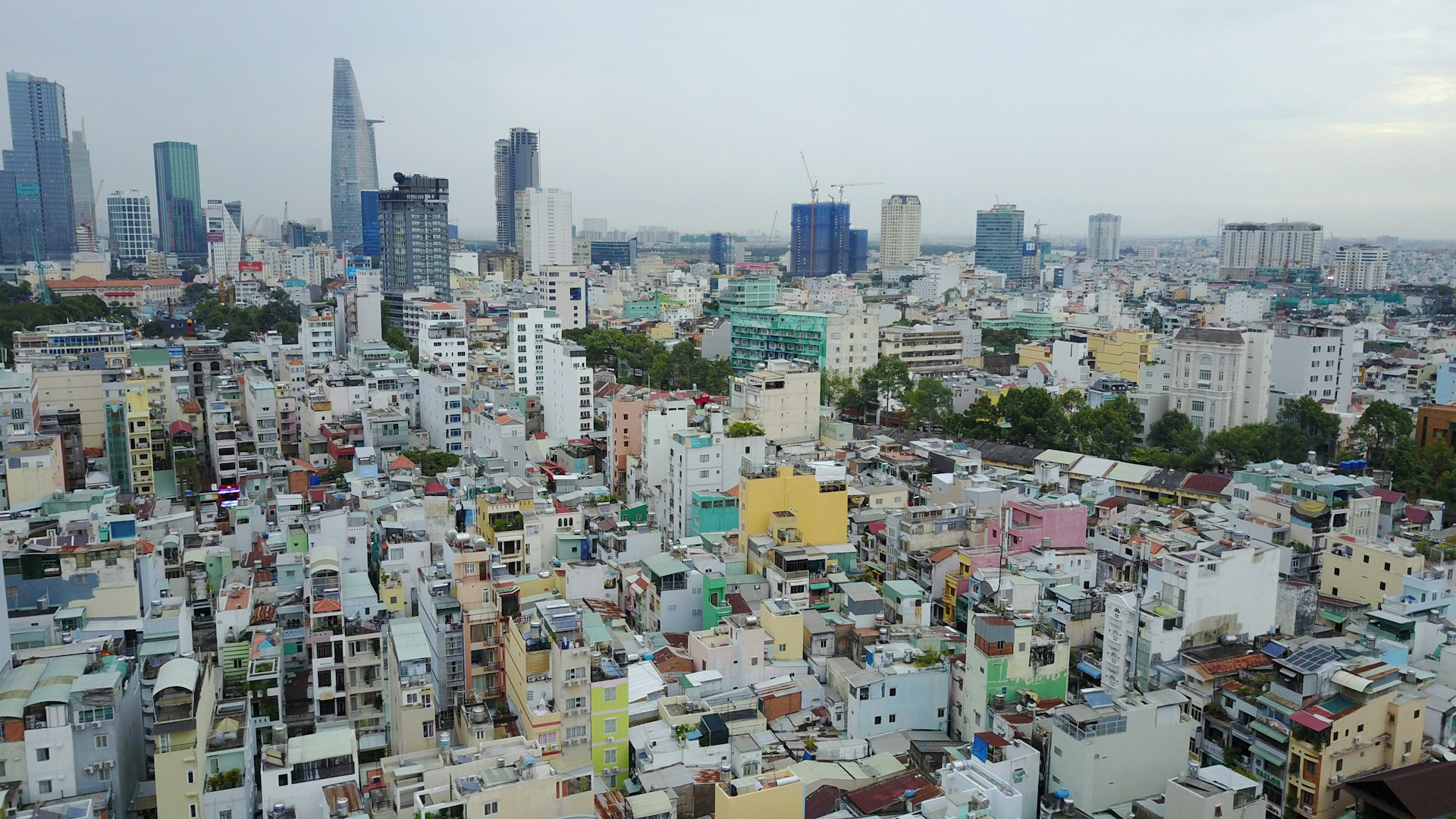Vietnam’s real estate: sector trends
Vietnam’s real estate market has been difficult, teetering on the brink of crisis. However, it is showing signs of recovery in 2024. Expert Nguyen Hoang reports on the positive trends in the sector, assesses them, and makes an optimistic forecast.
An overview of the country’s key markets
Hoang sees rising housing prices as a key factor in the recovery. In the first half of 2024, apartment prices in Ho Chi Minh City rose by 6%, while prices for other property types remained unchanged.
As for the capital market, the trends are as follows:
– the value of apartments in Hanoi increased by 31%;
– prices of private houses rose by 32%;
– land for construction rose by 19%;
– villa prices rose by 18%;
– shop prices rose by 10%.
The analyst also noted an increase in potential buyers’ interest. They are actively looking for different property options, which is an excellent indicator in the context of previous periods. In 2022 and 2023, market searches dropped catastrophically.
In Hanoi, the number of apartment searches increased by 46%. Interest in private houses rose by 33% and villas by 9%. Interest in buying shops rose by 27%, indicating commercial real estate sector activity.
In Ho Chi Minh City, there has been a significant increase in interest in various types of property. Demand for land has been particularly strong. The number of enquiries in this sector rose by 45%. Apartments are also in demand, up 33%, while villas are up 25%. The number of enquiries for the purchase of shops increased by 22%.

Problems of the Vietnam’s real estate market
According to Hoang, the situation in Vietnam’s real estate market is encouraging. A number of new housing projects have led to an increase in real estate prices. However, supply in the new housing sector is still limited.
The expert notes that even if the market slows down, real estate prices will not fall due to a shortage of properties. Nor will prices fall as a result of an increase in construction time or costs.
One incentive for increased market activity has been the improvement in purchasing power in the country. As in some other countries, the issue of housing affordability is acute in Vietnam. The government has pledged some US$4.7 billion to construct social housing. However, these funds have not yet been allocated. In general, the support programme has several shortcomings that reduce its effectiveness.
Updated regulations for land and property transactions in Vietnam came into force in the summer of 2024. This has caused some problems, so the new regulations need to be adjusted and carefully analysed for efficiency.
Regarding forecasts, Hoang expects the market to recover. It will not be quick, but a regular increase in activity in the sector will overcome the challenges.
